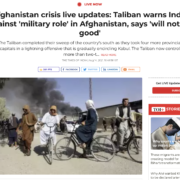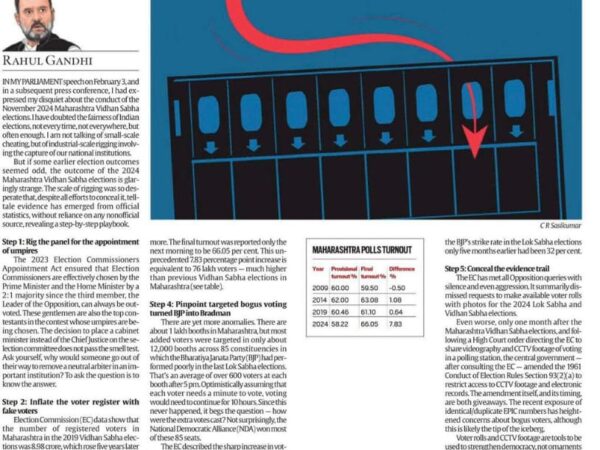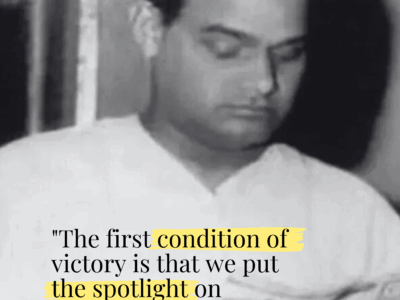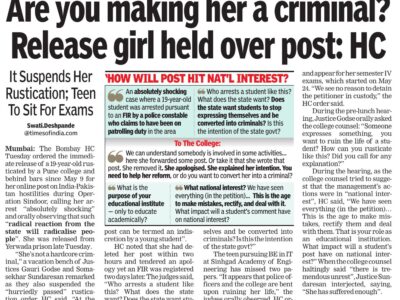 I was part of an interesting debate with one of the smartest people I know over a call last night, and I thought I’d put the question to you here:
I was part of an interesting debate with one of the smartest people I know over a call last night, and I thought I’d put the question to you here:- Imagine you are an expert in something, say sustainable energy and mobility.
- Imagine you are talking about it and telling everyone that the future is going to belong to electric cars and buses.
- Imagine you have a large investment into Tesla, Inc. that you have declared upfront.
- You are misusing your expertise and professional standing to drive the price of stocks you own up by recommending to everyone that the future belongs to the very kind of commercial enterprise you own equity in. You are a horrible person and perhaps are breaking some kind of law.
- You are putting your money where your mouth is. If you truly believe your research and expertise and are willing to bet your own money on your conclusions, you are an honest person and your integrity (or faith in your expert conclusions) cannot be doubted.
- Is he bad-mouthing offline university education to sell his online classes and thus may not be trusted, thereby misusing his expertise and reputation?
- Is he not only explaining why offline universities with exorbitant fees are on their way out, but he is also literally betting his money and reputation on it, and thus being the best kind of expert?


















